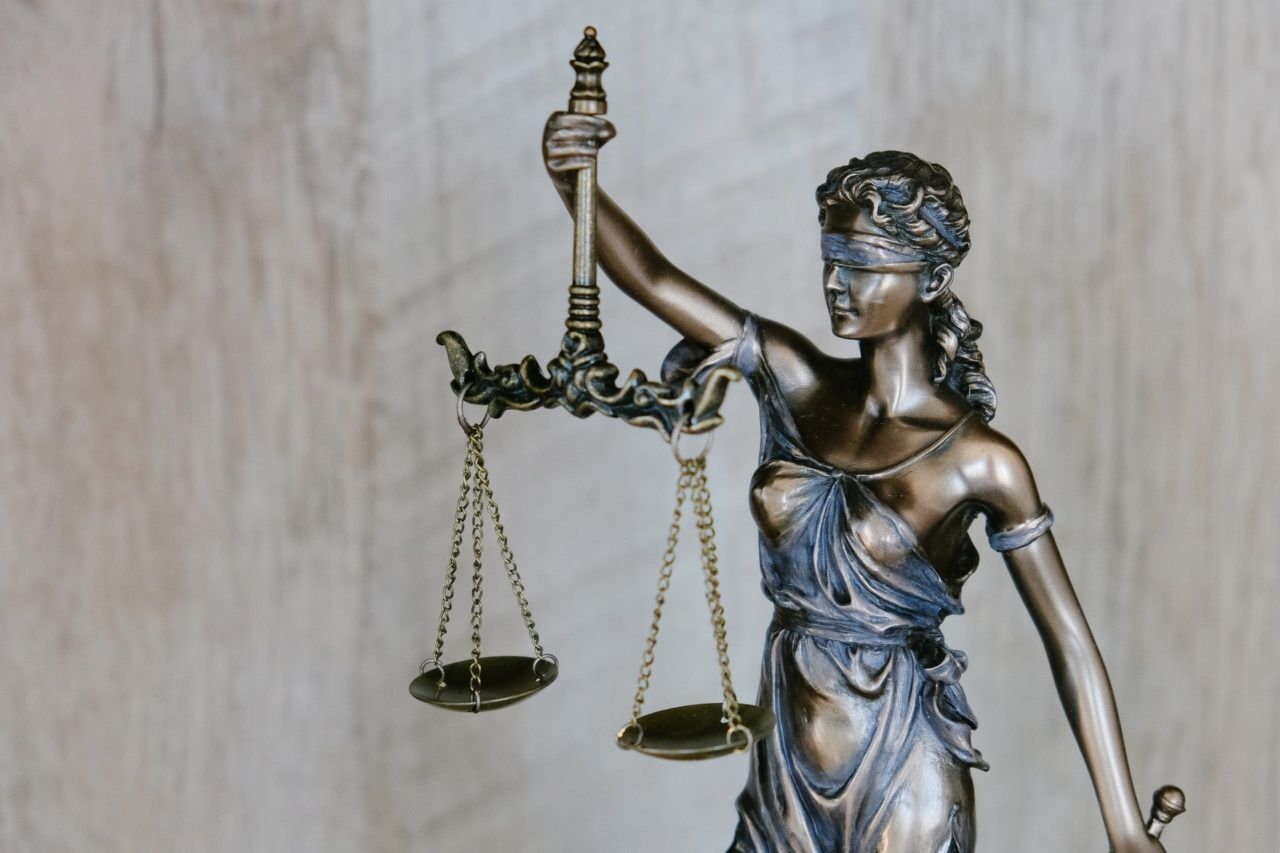
Political Science: Exploring Governance, Power Dynamics, and Global Citizenship Studying Political Science at college is an engaging exploration into the principles, institutions, policies, and behaviors that shape political systems and governance worldwide. It offers students an insightful journey by:
Foundational Knowledge: Delving into the foundational theories and concepts of political science, including political theory, comparative politics, international relations, public policy, and political economy.
Political Institutions:Analyzing the structures and functions of political institutions such as governments, legislatures, courts, electoral systems, and political parties, understanding their roles in shaping public policies and decision-making processes.
Policy Analysis: Studying the formulation, implementation, and evaluation of public policies in areas such as healthcare, education, environmental protection, economic development, and social welfare.
Political Behavior: Investigating the behavior of individuals, groups, and organizations in political contexts, including voting behavior, political participation, social movements, lobbying, and advocacy.
Research and Methodology: Developing research skills in political science methodologies, including qualitative and quantitative analysis, surveys, case studies, and data interpretation, to generate insights and inform policy debates.
Studying Political Science at college prepares students for diverse careers in government, diplomacy, international organizations, law, public administration, journalism, advocacy, academia, and non-profit organizations. It equips them with analytical abilities, communication skills, and a deep understanding of political processes and challenges in a complex and interconnected world. Political Science graduates are empowered to promote democratic values, advocate for social change, and contribute to shaping inclusive and responsive governance systems that address pressing global issues and promote human well-being.